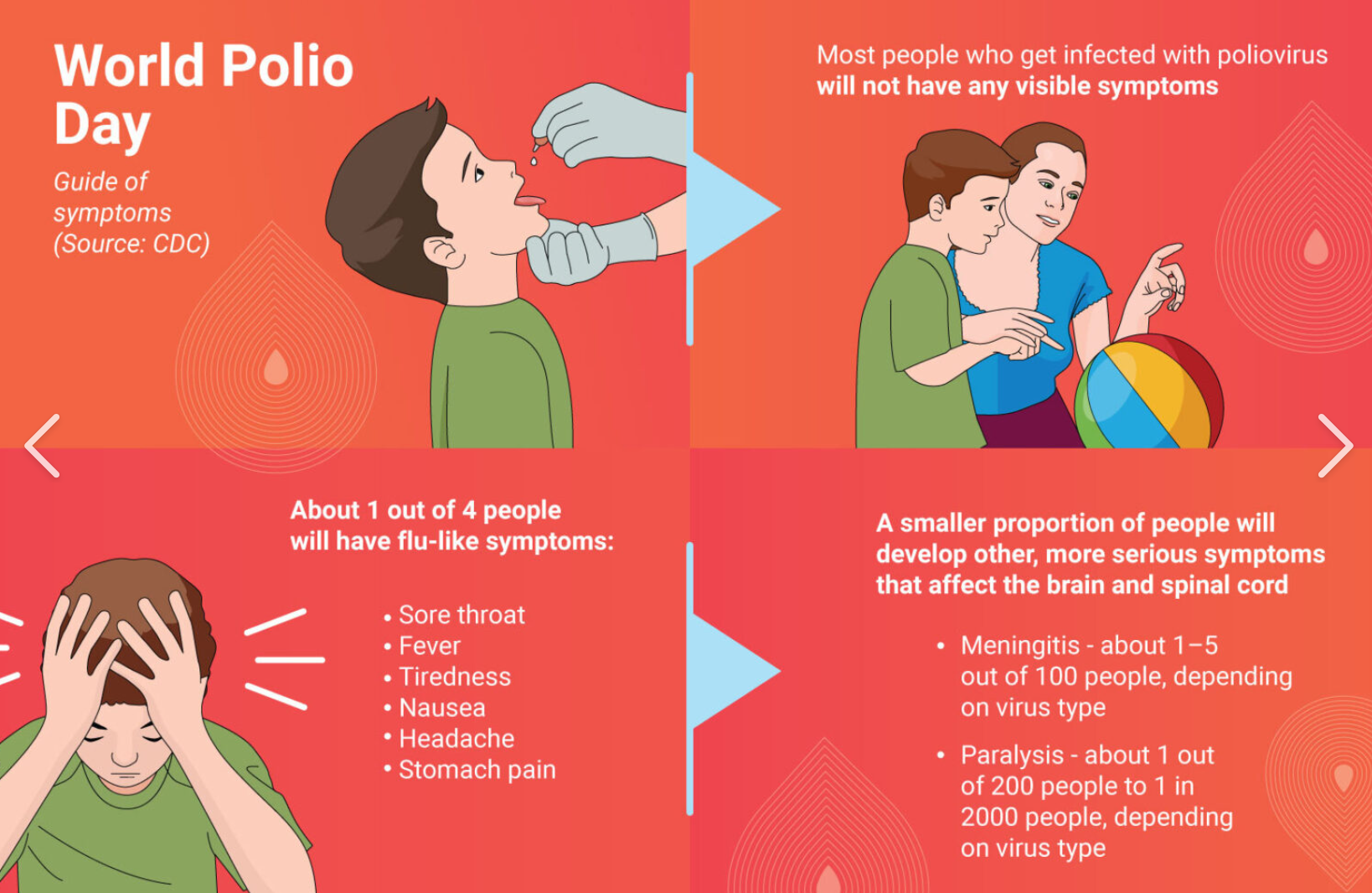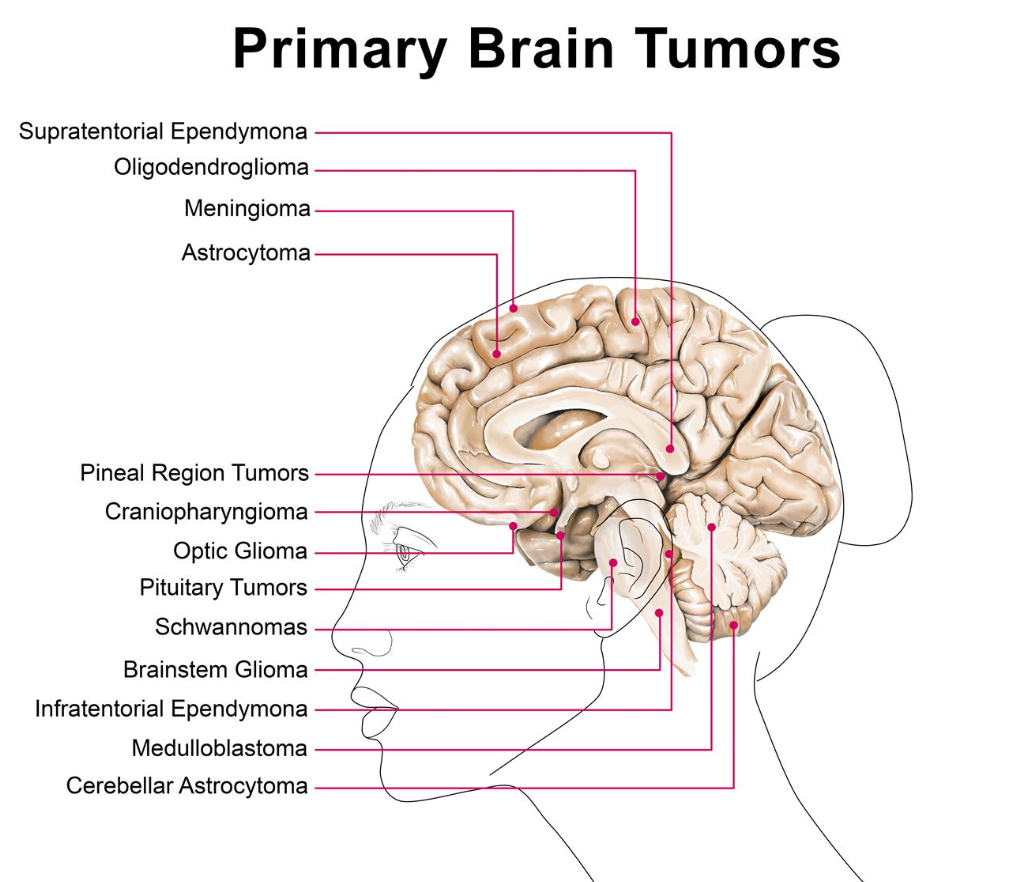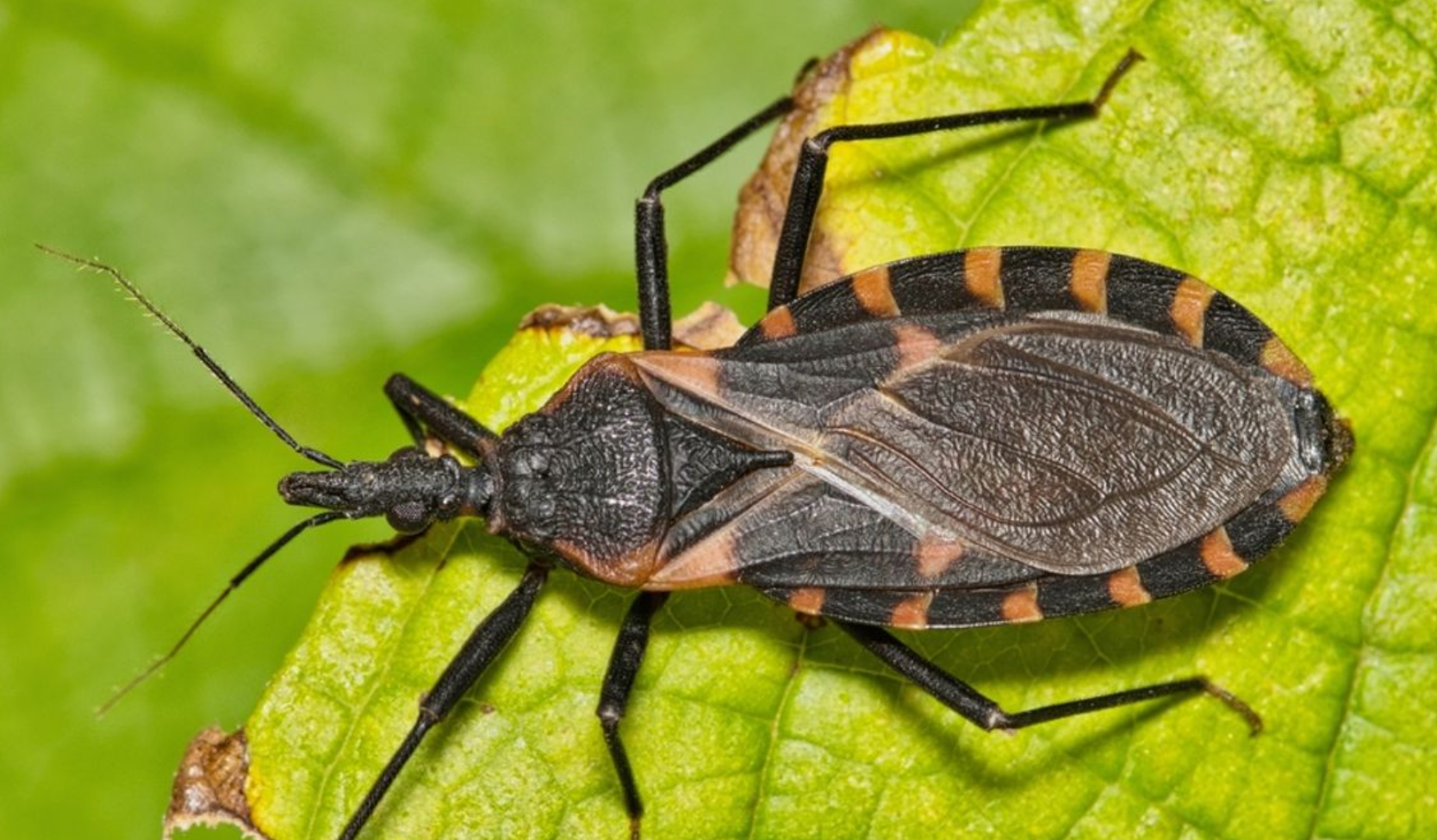In a bold move to combat one of the world’s most persistent public health challenges, the provincial government of Sindh in Pakistan has announced stringent measures against parents who refuse to vaccinate their children against polio. This decision highlights a global dilemma: how far should governments go to protect children from a preventable disease that many now consider a relic of the past?

The Ultimatum in Sindh
Presiding over a polio eradication meeting, Sindh Chief Minister Murad Ali Shah declared that parents refusing the polio vaccine could face suspension of their national identity cards, passports, and even mobile SIM cards. “I have no other options but to penalise those who shirk their national duty of eradicating polio,” he stated, emphasizing that vaccine refusal not only endangers individual children but risks spreading the virus throughout communities.
To enforce this policy, a dedicated Polio Vaccine Refusal Cell has been established to address resistance through social, political, and administrative measures. The government has also prioritized vaccinating nomadic families in border regions, where new cases frequently emerge.
Why Such Drastic Measures?
Pakistan remains one of only two countries worldwide (alongside Afghanistan) where wild poliovirus remains endemic. This year alone, Pakistan has reported 29 polio cases, with Sindh province accounting for 9 of them. Despite decades of eradication efforts, misinformation and vaccine hesitancy continue to undermine progress.
The situation in Pakistan represents a critical front in a global battle that many in developed nations might assume was won long ago.
Understanding Polio: The Silent Threat
Polio, or poliomyelitis, is an ancient infectious disease that primarily affects children under five. While many infected individuals show no symptoms, the virus can attack the nervous system, causing permanent paralysis or even death when breathing muscles become immobilized.
The virus spreads primarily through contaminated food and water – a particular concern in areas with inadequate sanitation. An infected person can shed the virus in their feces for weeks, potentially infecting countless others before symptoms appear.
The Global Polio Story: So Near Yet So Far
The global fight against polio represents one of public health’s greatest success stories. In the 1980s, polio paralyzed over 350,000 people annually across 125 countries. Then came the Global Polio Eradication Initiative in 1988, which has since vaccinated over 3 billion children and prevented more than 20 million cases of paralysis.
Tremendous progress has been made: type 2 and type 3 wild polioviruses have been declared eradicated worldwide in 2015 and 2019 respectively. China was certified polio-free in 2000.
However, the battle isn’t over. Wild poliovirus type 1 continues to circulate in Pakistan and Afghanistan. Additionally, new challenges have emerged in the form of vaccine-derived polioviruses. In under-immunized communities, the weakened virus in oral polio vaccines can sometimes circulate and regain its ability to cause paralysis. This paradox means that in areas with low vaccination rates, the very tool designed to eliminate polio can occasionally spark new outbreaks.
Prevention: Our Only True Defense
There is no cure for polio once paralysis sets in, making prevention through vaccination our only reliable defense. Two main vaccines protect children: the oral polio vaccine (OPV), which uses a weakened live virus, and the inactivated polio vaccine (IPV), which uses killed virus and is injected.
Each has its advantages, but both provide crucial protection against this devastating disease. The World Health Organization recommends multiple doses to ensure lifelong immunity.
A Question of Balance
Pakistan’s new measures raise difficult questions about the balance between individual choice and collective responsibility in public health. While the restrictions may seem severe to outside observers, they emerge from decades of frustration with a preventable disease that continues to disable children.
As the world observed World Polio Day on October 24th, the situation in Pakistan serves as a poignant reminder that until polio is eradicated everywhere, children everywhere remain at risk. The virus knows no borders, and neither should our commitment to protecting future generations from this ancient scourge.
The path forward requires not just government mandates, but continued global solidarity, education to combat misinformation, and accessible healthcare services that earn community trust – the true foundations of sustainable public health.






Leave a Reply